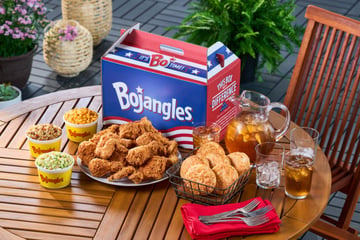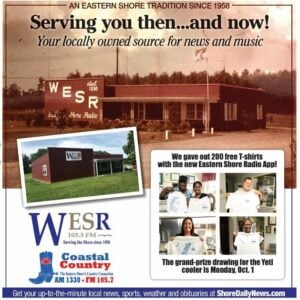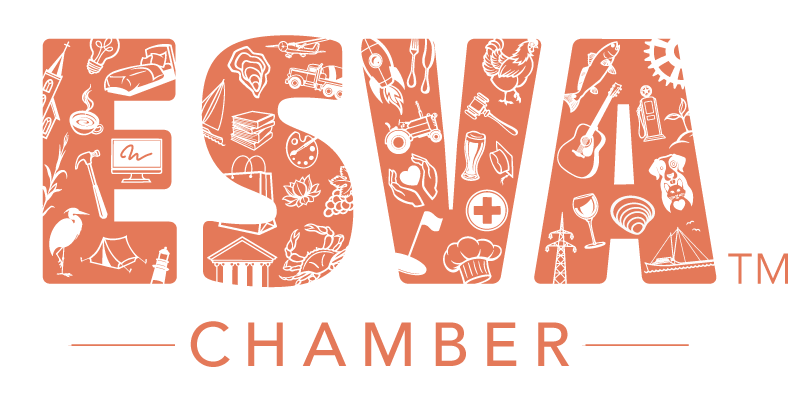This is Steve Rulison bringing you information on Shore friendly living and gardening from the Eastern Shore Master Gardeners and Virginia Cooperative Extension.
Today we will go over some basics of composting.
Composting is a great way to use up household food waste as well as boost garden productivity. Greg Evanylo, Virginia Cooperative Extension specialist and professor in the School of Plant and Environmental Sciences, recommends that home gardeners implement these compost best practices:
- Make sure the compost pile is big. If space is an issue, decrease the pile surface area by creating a compost bin. The bigger your pile, the more heat it will generate. The average pile size should be a minimum of one cubic yard.
- Make sure to turn your pile to get oxygen into it. Without enough oxygen, the microbes will starve, and the pile will go anaerobic. This isn’t good. Turning also ensures that all the waste is being broken down evenly.
- Make sure to monitor your moisture levels. To do this, perform a squeeze test. Scoop a handful of your compost and squeeze. Does it leak any water? If so, the compost is too wet. When squeezed and no water comes out, but it sticks together, the moisture level is perfect.
“What gardeners are ultimately trying to achieve with composting is the development of a soil amendment that will improve the properties of their soil for gardening.”
According to Evanylo, compost is useful for improving soil health, boosting beneficial microbial populations, recycling nutrients, and increasing organic matter in the soil.
Composting is also good for the environment. When food scraps are recycled into a compost pile, waste is kept out of a landfill, avoiding excess methane production.
Here are some compost dos and don’ts:
- Do have a 2:1 brown to green ratio. For example, two parts dry leaves (brown) to one part food waste (green).
- Do have an average particle size distribution- some large pieces, some small, but mostly in the middle.
- Do monitor your moisture levels! Water the compost as needed, but not too often or too much — do a squeeze test to check.
- Do bury food waste and keep covered with “browns” to help avoid insect and rodent problems. But…
- Don’t compost treated wood or chemicals, such as paint.
- Don’t inoculate your compost! Microbes exist naturally.
- Don’t compost meats, dairy, or pet waste. And…
- Don’t compost any diseased plants if the pile is less than 130-150 degrees.
For answers to Gardening questions and more, call your local Accomack or Northampton County Extension Office. Here on the Shore call either 678-7946 or 787-1361.
.













